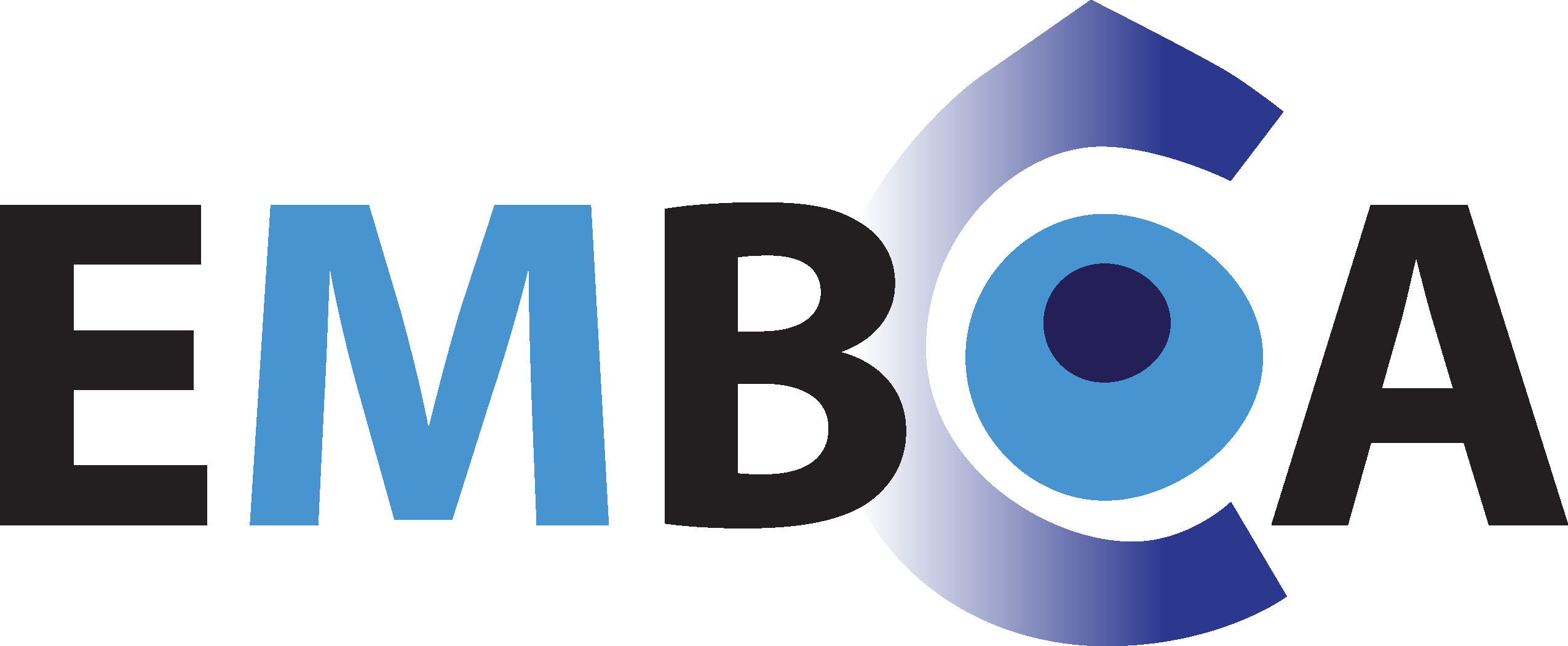Join us for the East Mediterranean Business Culture Alliance’s/ EMBCA’s “New Orleans: Hellenic Shipping/Cotton Merchants, and the 1st Greek Orthodox Community” Webinar Panel Discussion on Sunday, June 22,2025 at 1 P.M. New Orleans/ 2 P.M. EST/ 9 P.M. Athens EEST. The discussion will be introduced and moderated by Lou Katsos EMBCA’s President. The distinguished panel will include Author/Writer/Clemson University Lecturer and EMBCA Director Alexander Billinis; Attorney James G. Derbes; Parker C. Agelasto, Executive Director of the Capital Region Land Conservancy; and Holy Trinity Archives Curator Magdalene Spirros Maag. This panel discussion is the second of a series of discussions relating to EMBCA’s American Hellenic U.S. Semiquincentennial Committee (in short EMBCA 250) to commemorate America’s 250th Anniversary in 2026 and to highlight the contributions of Hellenic Americans throughout the nation’s history.
The story of Hellenes in New Orleans is a remarkable chapter in Hellenic-American history, rooted in maritime commerce, faith, and transatlantic trade. Well before the mass Hellenic immigration of the early 20th century, Hellenic merchants—primarily from Chios, Psara, and Hydra—established a presence in this strategic port city, drawn by its pivotal role in the global cotton trade. By the early 1800s, New Orleans was a major hub for cotton, sugar, and river commerce. Hellenic families such as the Carcopoulos, Phocas, Macridges, and Dracos became active as shipowners, brokers, and intermediaries linking Southern planters to European markets. Many of these merchants were part of broader Chiot diaspora networks, which extended through London, Marseille, and Smyrna.
Chiot merchant families played a key role in the global transatlantic cotton and commodities trade, with powerful networks stretching across the British Empire, the Levant, and the Americas. The Ralli Brothers, Rodocanachi, Argenti, Spartali, Baltazzi, and Schilizzi families built global commercial empires headquartered in London, Manchester, and Marseille, with agents in U.S. ports including New York, Charleston, and New Orleans. While their headquarters were in European cities, they maintained commercial ties to U.S. ports—New Orleans among them—coordinating exports to British and continental textile mills.
The American Civil War disrupted global cotton flows. The Confederacy’s attempt to use “King Cotton” as diplomatic leverage through an export embargo failed, in part because Hellenic merchants helped redirect cotton sourcing. Firms like the Ralli Brothers expanded operations in India, while others capitalized on Egypt’s cotton boom, ensuring continued supply to British mills. This undercut the South’s strategy and helped preserve British neutrality—highlighting the influence of Hellenic commercial agility in global politics.
As Hellenic merchants rooted themselves in New Orleans, they sought to preserve their faith and culture. In 1864, they founded Holy Trinity Greek Orthodox Church—the first in the Western Hemisphere. Prominent families funded and organized the parish, which also welcomed Orthodox Christians from other ethnic backgrounds, becoming a multi-ethnic hub of worship and cultural life.
The Civil War disrupted commerce and strained the community, but the Hellenes adapted—entering new sectors like retail, hospitality, and shipping services. Early merchant families served as mentors to newer immigrants arriving in the late 19th century, strengthening the city’s Hellenic-American fabric.
Holy Trinity became the heart of this community, preserving language, tradition, and historical memory. Today, it stands as a lasting symbol of the Hellenic contribution to New Orleans, with its annual Hellenic Festival celebrating a legacy of resilience and cultural pride.
The legacy of Hellenic merchants in New Orleans is one of vision, adaptation, and enduring identity. Through global trade, religious leadership, and civic engagement, they shaped the city’s cosmopolitan character and laid the foundation for a vibrant Greek Orthodox and Hellenic presence that continues today.

EMBCA is an organization exempt from Federal Income Tax under Internal Revenue (IRC) Section 501(c)(3), classified as a public charity, and qualifies to receive tax deductible bequests, devises, transfers or gifts under Section 2055, 2106, or 2522 . Donors can deduct contributions they make under IRC Section 170. Thank you all again for your continuing enthusiasm and support of our events !!

